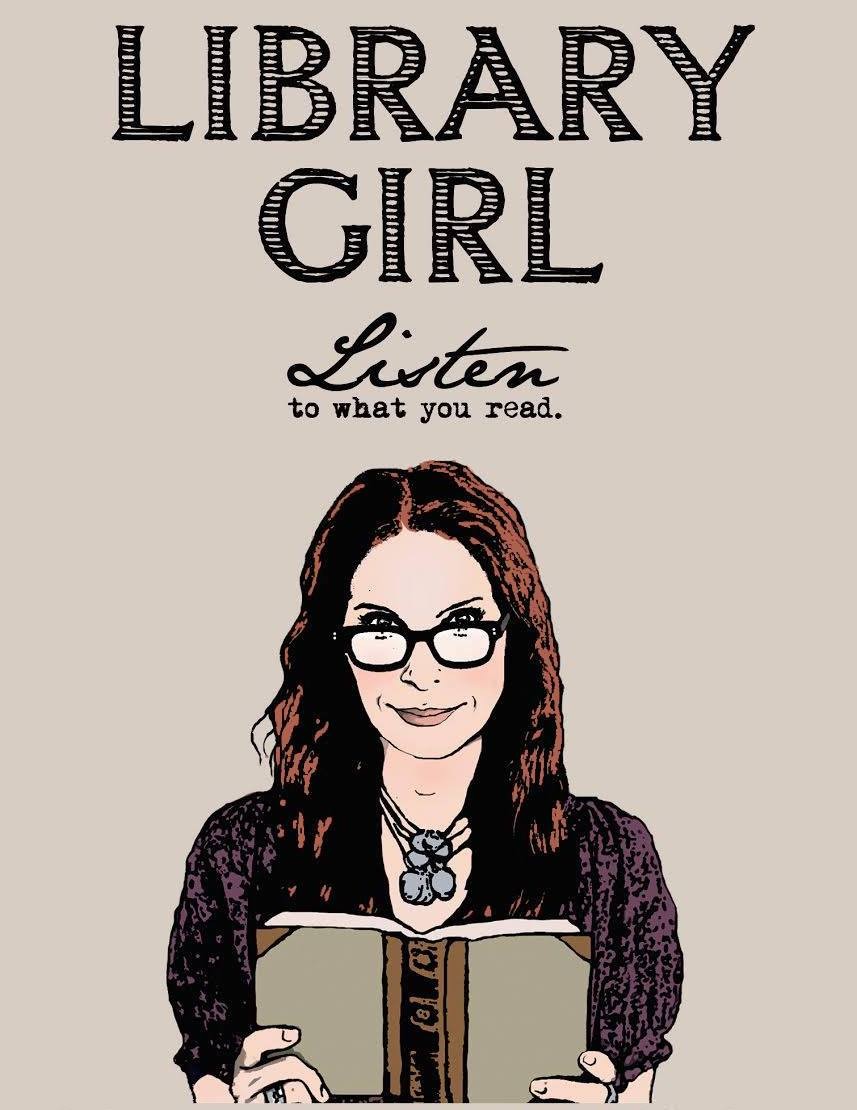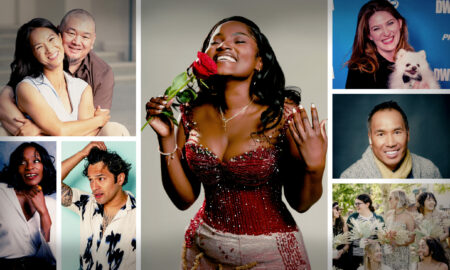

Today we’d like to introduce you to Susan Hayden.
Hi Susan, please kick things off for us with an introduction to yourself and your story.
When I was nine, I met a world-renowned psychic named Peter Hurkos. He’d helped the police department try to solve the Manson Murders and the Boston Strangler case. And he predicted I would be a famous actress one day. I believed him. It planted a seed that propelled me, as a young adult, to drop out of college, get a waitress job, and join Jeff Corey’s acting workshop, where I found out that I had debilitating stage fright and no talent whatsoever.
That said, just being a part of a creative community was a first for me. There weren’t a lot of artists where I grew up, in Encino in the 1970s. In acting class, I felt a sense of connection and camaraderie. Jeff Corey, who’d been a teacher to both James Dean and Jack Nicholson, encouraged us to read as many plays as we could get our hands on and then made us identify the theme of each one before we could get on stage to perform. I think I read and dissected a play a day back then!
This immersion inspired me to write and perform my own scenes in class and I found writing to be an organic relief. I would later enroll in the Padua Hills Playwrights Workshop, where I studied with playwrights John Steppling, Leon Martell, and Maria Irene Fornes (to name a few). Padua’s founder, Murray Mednick, imparted to us the importance of text. As he told Richard Whittaker in Works & Conversations, “You learn the text, and value the text, and put the text first.”
I’d already been writing poetry, and then a book literally fell on me while I was sitting on a bench at the Bodhi Tree Used Bookstore. I was depressed that night about how my fledgling acting career was at a permanent standstill, so I moved from the Theatre section to the Poetry wall, when the anthology The Streets Inside: Ten Los Angeles Poets (edited by Bill Mohr, Momentum Press) fell off the shelf and onto my lap. That’s when I encountered poets whose language pulled me in. It’s where I came across Harry Northup, who would become my first poet friend and one day star in a staged reading of my first play, Boomerang, at the Cast Theatre in Hollywood.
I began to read from my work nearly every week at Poetry In Motion. Eve Brandstein and Michael Lally welcomed me there on Wednesday nights. It was where I felt a true sense of belonging, met and made lifelong friends and found my writer’s voice.
Around that time, I got the urge to create and produce a literary event of my own, A Tribute to Raymond Carver. Poet S.A. Griffin guided me through the process. I invited the best L.A. poets of that era to read, like John Thomas, Philomene Long, Michael C Ford, and Laurel Ann Bogen. I later produced Poetry for Padua, a fundraiser where Michael Blake (Dances With Wolves) read from his poems. I loved bringing writers together and finding the balance. It came naturally to me.
Shortly thereafter, a play I’d written at Padua, Tent Show, was discovered by actor Tom Bower, who brought it to the Met Theatre in Los Angeles, produced it and also starred in it with O-Lan Jones and Arliss Howard. It was directed by former movie actor Alan Vint. The Met was run by a Board of actors and playwrights, including Amy Madigan, Ed Harris, Holly Hunter, and Beth Henley. They had a Saturday scene study class and I convinced them they needed to include writers in the mix. They listened. That’s when I started writing short fiction and inviting actors to perform it.
My then-husband, actor Christopher Allport, was fascinated by what I was doing at the Met and suggested we collaborate on a performance fiction series. We called it Gas/Food/Lodging. We produced it at The Lost Studio, where we’d pair actors and directors and present dramatized short fiction for the stage just as it was written in a book. This was the early 90s. No one was doing this sort of thing in Los Angeles yet. We took Jim Krusoe’s words and Robert Olmstead’s words and created staged readings. Often, the writers of these stories would be present.
Later, Chris and I got a grant from South Coast Repertory Theatre to collaborate on a six-day workshop and presentation based on the writing of Gerald Haslam for SCR’s Nexus Project. We included much of Haslam’s writing and also wrote our own scenes. It was a whirlwind of delight and the first time I ever got paid to create.
Soon, I began attending Holly Prado’s Tuesday night workshop. Holly was crucial in instilling in me a more serious approach to my work. But when our son Mason Summit was born, I backed away from the lit scene and her class to focus on my family as a full-time mom. I would wake in the middle of the night to steal the time to write a novel. It took years to complete, came very close to selling but sort of fell flat in the end, which was heartbreaking to me.
I threw myself into producing my husband’s one-man show, The Backroad Home, written by Chris and directed by Paul Linke at Ruskin Group Theatre in Santa Monica. It only ran a handful of nights. Whenever we’d present that play, it sold out and convinced I’d die first, I would joke that one day Chris should put words on my tombstone that read: “She knew how to pack a house.”
But just when we were in talks about launching a full production of his show at the Ruskin, Chris would die while skiing in the local mountains, and I would become an only parent. It was 2008. Our son Mason was eleven. He and I were shattered, in shock, severely traumatized.
We found that the only thing that gave us a feeling of stretched time and aliveness was when we attended live events.
Thankfully, I was invited by friends John Ruskin and Mike Myers from the Ruskin to create and produce my own show at their theatre as a way to rebuild my literary community, as a way to heal.
I am now in my 15th year of Library Girl, the second Sunday night of each month at the Ruskin. I bring poets, playwrights, novelists, essayists, and singer-songwriters together and present their work based on a monthly theme. For years, Mason was the opening act, playing guitar and singing songs, beginning at age twelve. These days he’s twenty-seven, lives in Nashville with his partner, Irene Greene, and they perform regularly in a duo called The Prickly Pair.
Library Girl is a conflation of everything creative I’ve ever done rolled into one. It has helped anchor me, helped me find meaning, has given me purpose. I love building a wide-reaching community, inviting writers to share their work with a listening audience, uncensored. I don’t hyper-curate, just use my own instincts.
One of my priorities is to present the small presses of L.A. to help grow an audience for writers who don’t necessarily get seen and heard by the mainstream book world. Last year, I welcomed Moon Tide Press. The next day, publisher Eric Morago invited me to send him what I was working on, which was only a skeleton of a first draft. He loved it and asked if he could publish the completed manuscript.
This came at a time in my life when I had found true love again. My husband, music journalist Steve Hochman, created the loving space for me to complete my genre-bending debut memoir, Now You Are a Missing Person. It’s about love and grief and emerging into healing and love again and written in the many forms in which I write: stories, essays, poems, and fragments.
Since its publication this last June by Moon Tide Press, I’ve been in the midst of an ongoing book launch. It’s been an amazing experience, a growth spurt, to go from being the presenter to presenting myself. I was pretty shy about it at first and had to come to terms with the fact that as a writer, I’d been hiding out, hiding behind my show. I knew I believed in this book, but would anyone else? And then I remembered a poster that was pinned to the wall in Jeff Corey’s acting class. It was a black and white photo of Eleanor Roosevelt in a cloche hat with her quote, “No one can make you feel inferior without your consent.”
My wish is that the book provides validation and hope to anyone who has struggled through loss, anyone who has doubted their own worth and searched in others for something that was always waiting within themselves.
Would you say it’s been a smooth road, and if not what are some of the biggest challenges you’ve faced along the way?
The biggest struggle for me as a writer was during the time long ago when my novel didn’t sell. Turns out, I was my own obstacle. I would compare myself to other writers I knew who were getting three book deals – and I would feel neglected. I never stopped and tried to figure out how to forge my own path. This was years ago, when I had way too much ego involved in my potential, my imagined success.
It only became a smooth road when I took charge of it, did whatever I was doing my own way. One of my teachers at Padua, the brilliant playwright John O’Keefe, once told us, “If you feel like you’re not fitting in or being included or invited somewhere you want to be, that no one is asking to produce you, that you’re not getting recognition from others, do it yourself. Create your own scene.
So I did.
Thanks – so what else should our readers know about your work and what you’re currently focused on?
I am most proud of daring to be brutally honest in my writing and no longer concealing.
We’d be interested to hear your thoughts on luck and what role, if any, you feel it’s played for you?
Here’s what I wrote in my essay, The Optimistic Widow, from my book:
“I believe in fate, fortune tellers, incantations, Marie Laveau, Mary Worth, and messages from beyond. I look for signs; I look for signals, wear amulets, protection saints, medals of honor, keep good luck charms in the bottom of my purse and in the pockets of my jeans.”
I never think about bad luck. Only good luck.
Contact Info:
- Website: susanhayden.com
- Instagram: https://www.instagram.com/librarygirlpresents/
- Facebook: https://www.facebook.com/susanelizabethhayden




Image Credits
Photo of Susan Hayden by Camila Wilson Book Cover Art by Hazel Angell Library Girl logo by Amelia Mulkey Steve Hochman + Susan Hayden by Nancy Hunt Library Girl + Shonda Buchanan Present: Feeling Good, Tribute to Nina Simone, Photo: Steve Hochman
Library Girl + Shonda Buchanan Present: Feeling Good – A Tribute to Nina Simone. From left: Lisa Sanders. Pam Ward. Willie Aron. Co- Curator Shonda Buchanan. Susan Hayden. Steve Hochman. Brown Sugar. Jason Luckett. Lynne Thompson. Nailah Porter. F. Douglas Brown. Peter J. Harris.














